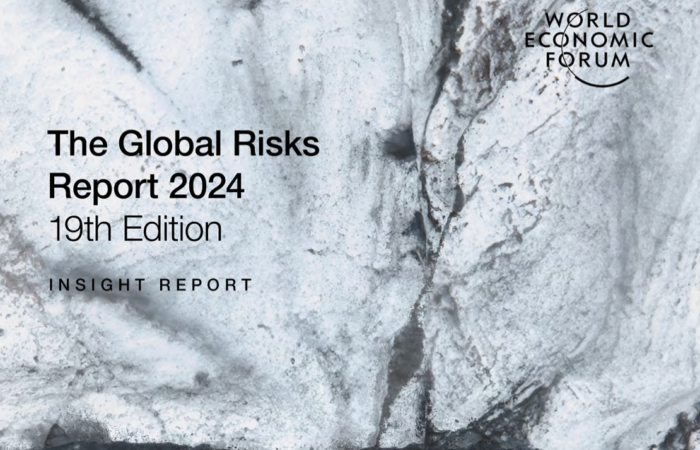
Amidst technological advances and their great benefits to society, there are, however, challenges to improve and make the digital ecosystem safer and with less risk for people and companies. Increasingly, cyber attacks, dissemination of fake news and misinformation, in addition to the malicious use of Artificial Intelligence (AI), such as deep fakes, result in numerous losses, such as reputational and financial. One of the most well-known and respected data scientists in the world, the professor of MIT Alex “Sandy” Pentland suggests at least three initiatives that could improve the environment.
In practice, in short, it is necessary to act on the following fronts, as I said in an interview with the website HAI, Human-Centered Artificial Intelligence Institute, from the Stanford University, where he also leads faculty research on digital and social platforms:
- Identify the real identity of users
The Justice Department and the responsible authorities need to act to find the real identity of the online user so that they can act more assertively in combating bad acts throughout the ecosystem.
- Equal rules for companies and individuals with high engagement
Powerful voices, such as big influencers, must be treated and regulated like businesses, just as digital media must follow professional media standards regarding the care taken in disseminating information. Why? According to him, anyone, for example, with more than a million followers on social media “can make money and build a reputation while saying whatever they want.” They shouldn’t be able to shout “fire” in a crowded theater or tell blatant lies, he compares, while TV news programs or newspapers can’t publish something just to generate outrage, he compares. “Digital media should be responsible for taking the same kind of care to protect the public good,” he defines. And he goes on: “if you intend to express your ideas to a million people, then you are a business and should be regulated like a business.”
- Use of mechanisms to reduce political animosity
Implementing systems that discourage thoughtless online discussions and behaviors, and encourage reflection before any action can lead to conflict. Pentland emphasizes that there is less division and outrage online when:
- An extra step is added that allows more time for the person to think before answering or forwarding a question;
- The person is warned to consider that a comment may affect their reputation.
According to the professor, it is also necessary to rethink the architecture of the Internet and establish new standards for security and digital identity. “Today, everyone is on the Internet, and that means bad actors have the opportunity to do all sorts of harmful things,” says Pentland, one of the main people responsible for the discussions that were the embryo for the creation of the European Union General Data Regulation.



